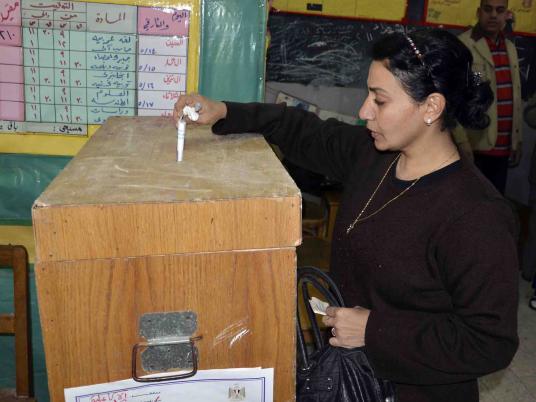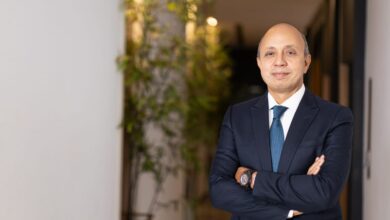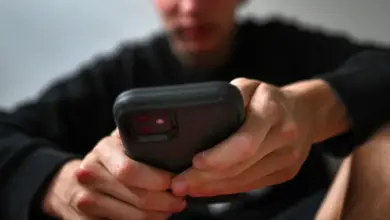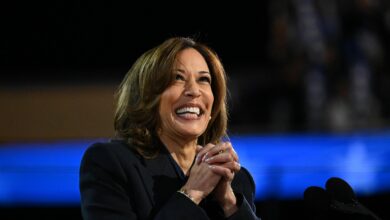
With the recent Egyptian parliamentary elections leaving most Egyptians in a state of euphoria over the idea of their voices making a difference, a small sector of Egyptian society is frustrated that they are not eligible to vote.
High school students, who were part of the revolution that brought about the elections, are living through an era in which their future being decided before their very eyes. However, the small detail of them not being 18 yet means they are unable to vote.
Farida Farouk, a 17-year high school senior is one month away from turning 18. Her school, an international school in New Cairo, gave her a chance to participate by setting up a student-operated telephone call center to create awareness about the election process.
The teacher behind the project chose to remain anonymous. “As a school, I believe it is important for us to teach students that they must be part of their society and its politics,” he said. “They should be proactive and involved, even if they can’t vote.”
During the two-day project, students operating the call center made telephone calls from a list of eligible voters compiled by their peers. The training included a tutorial on the electoral system, the different parties involved and the candidates running in each district.
“The aim was not to promote any specific party, and the students were not allowed to advocate for any specific candidate,” says Fahmy.
The students were given a script to guide them through the phone call. They would call, introduce themselves, and tell the person they are providing a service to help people vote.
“We wanted it to be clear to callers that we are not preaching, but that through their votes, they are essentially allowing the students to participate,” Fahmy says. Services included identifying voter districts and voting numbers.
Anas Solliman, 14, says: “It was challenging for me to call people I don’t know and introduce myself, especially because I sound so young.” Solliman says he got yelled at by one caller during his first ten calls. He recalls being told, “I know everything. You are just a child. How would you be able to give an adult any help with something like this?”
Farouk says: “We learned we can’t take anything that people tell us personally, and that we are here simply to raise awareness in the best way we can.”
Her realization that she needed to find a way to participate in the elections came while her friends were discussing the different parties during a class. She felt their opinions were all influenced by their parents. She started researching and learned about the parties and candidates in each district.
Fahmy, a political activist since 1996, says the project was a perfect chance to finally get the students involved in open and fair elections. He says: “Political awareness is a form of social participation, and we wanted the students to learn that being active does not mean you have to have a political affiliation to a party or ideology. You can simply help by helping people — by making it easier to get information.”
Farouk says: “Towards the end of our second day, when we were making the calls, the school cleaners came to us so we could help them as well. They asked us to give them their numbers and find out where they should vote.” They also asked Farouk and the other volunteers who they should vote for. Their response was, “You should go to your neighborhoods and ask about the candidates and their programs and reputations and make a decision based on what you hear.”




